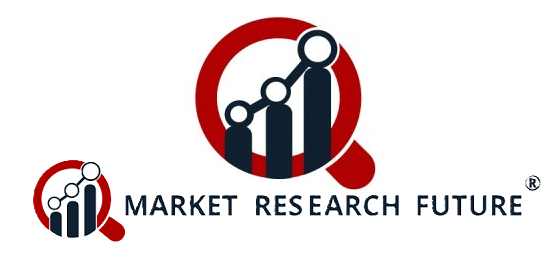Chemical injection metering pumps and valves are integral to fluid control systems across industries like oil and gas, chemical processing, pharmaceuticals, and water treatment. These components work together to ensure precise dosing and delivery of chemicals into a process stream. Metering pumps are specifically designed to move a specific volume of liquid within a set time frame, regardless of changes in pressure. Their high precision, repeatability, and adjustability make them essential for applications where the exact chemical ratio is critical, such as disinfecting water, injecting catalysts, or pH balancing.
VIEW FULL REPORT ACCESS AT: https://www.marketresearchfuture.com/reports/chemical-injection-metering-pumps-valves-market-35990
Most metering pumps operate based on positive displacement mechanisms, such as diaphragm or piston systems, which allow for highly accurate flow rates. Paired with chemical-resistant valves, these systems can handle aggressive or corrosive fluids like acids, bases, and solvents. The valves regulate flow direction and prevent backflow, ensuring system safety and accuracy. Advanced systems are now equipped with digital interfaces and remote monitoring capabilities, allowing real-time control and diagnostics. Energy efficiency and minimal maintenance are also key advantages, especially in continuous processing environments.
In sectors like oil extraction, metering pumps inject demulsifiers and scale inhibitors into pipelines to maintain flow efficiency and prevent equipment damage. In agriculture, they are used for nutrient delivery and pesticide dispersion. For water treatment plants, these pumps help dose chlorine, fluoride, and other treatment chemicals with precision to meet safety standards. Their role in ensuring consistent product quality, regulatory compliance, and process efficiency cannot be overstated. With growing industrial automation, the adoption of intelligent dosing systems featuring self-calibration, leak detection, and auto shutoff is expanding rapidly.
